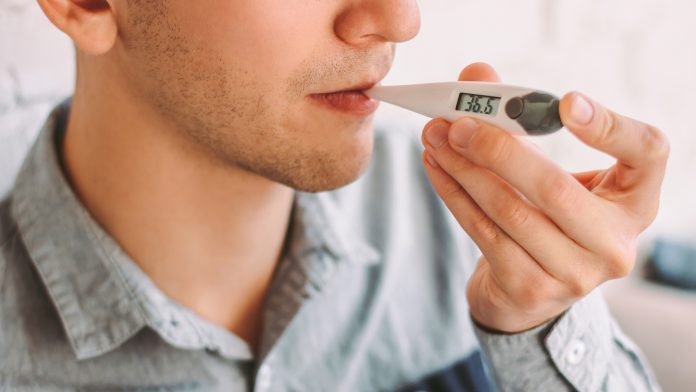
A groundbreaking study led by UC San Francisco suggests a potential mental health benefit to lowering body temperatures in individuals with depression.
The research indicates that people with depression tend to have higher body temperatures, raising questions about the relationship between body temperature and the disorder.
Examining the impact of body temperature
The study, which involved over 20,000 participants from 106 countries, analysed data collected over a seven-month period starting in early 2020.
Participants wore devices to measure body temperature and reported their depression symptoms daily. The findings revealed a significant correlation between depression severity and higher body temperatures.
Uncovering potential mechanisms
While the study did not pinpoint whether depression leads to increased body temperature or vice versa, it highlighted several potential mechanisms.
These include decreased ability to self-cool, heightened heat generation from metabolic processes, or a combination of both factors.
Implications for depression treatment
Lead author Ashley Mason, PhD, an associate professor of psychiatry at UCSF Weill Institute for Neurosciences, emphasised the implications for depression treatment.
Existing studies suggest that heat-based therapies such as hot tubs or saunas may alleviate depression symptoms by promoting self-cooling mechanisms like sweating.
“Ironically, heating people up actually can lead to rebound body temperature lowering that lasts longer than simply cooling people down directly, as through an ice bath,” said Mason. “What if we can track the body temperature of people with depression to time heat-based treatments well?
“To our knowledge, this is the largest study to date to examine the association between body temperature – assessed using both self-report methods and wearable sensors – and depressive symptoms in a geographically broad sample.
“Given the climbing rates of depression in the United States, we’re excited by the possibilities of a new avenue for treatment.”
In light of rising depression rates in the US, researchers are optimistic about the potential for innovative treatment avenues.
The study underscores the complex interplay between physical and mental health, offering new avenues for understanding and addressing depression.
As researchers continue to unravel the mysteries of the mind-body connection, the findings hold promise for improving the lives of millions affected by depression worldwide.






















